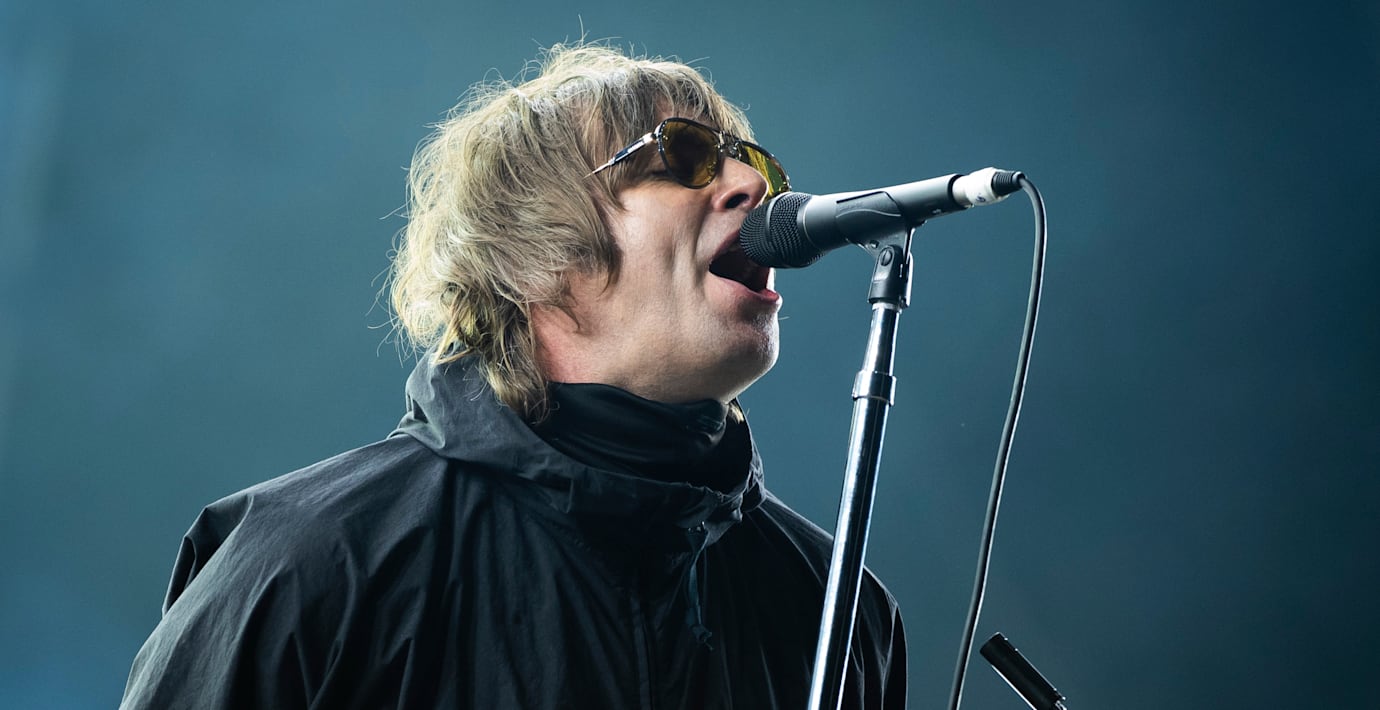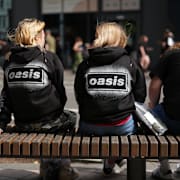
Kändisfrisör tror turnén ger uppsving för ”Oasis-frillan”
Oasis återföreningsturné lär leda till att fler anammar subkulturen mod och klipper sig som bröderna Gallagher, säger kändisfrisören Jonathan Andrew till magasinet Loaded.
Andrew, som bland annat klipper den pensionerade engelska fotbollsspelaren Jamie Redknapp, kallar stilen ”ikonisk”.
– Jag tycker det är en cool frisyr.
New York Times skriver att frisyren är trendig sedan en tid tillbaka och att den fått förnyad fart senaste veckorna, vilket synts på Tiktok. Tidningen tycks dock inte dela bilden av att frisyren är cool, utan skriver att det i vissal fall ser ut som att den klippts ”med en nagelsax”.
bakgrund
Mod
Wikipedia (en)
Mod, from the word modernist, is a subculture that began in late 1950s London and spread throughout Great Britain, eventually influencing fashions and trends in other countries. It continues today on a smaller scale. Focused on music and fashion, the subculture has its roots in a small group of stylish London-based young men and women in the late 1950s who were termed modernists because they listened to modern jazz. Elements of the mod subculture include fashion (often tailor-made suits); music (including soul, rhythm and blues, ska and mainly jazz) and motor scooters (usually Lambretta or Vespa). In the mid-1960s when they started to fade out, the subculture listened to rock groups with jazz and blues influences such as the Who and Small Faces. The original mod scene was associated with amphetamine-fuelled all-night jazz dancing at clubs.
During the early to mid-1960s, as mod grew and spread throughout Britain, certain elements of the mod scene became engaged in well-publicised clashes with members of a rival subculture: rockers. The mods and rockers conflict led sociologist Stanley Cohen to use the term "moral panic" in his study about the two youth subcultures, in which he examined media coverage of the mod and rocker riots in the 1960s.
By 1965, conflicts between mods and rockers began to subside and mods increasingly gravitated towards pop art and psychedelia. London became synonymous with fashion, music, and pop culture in these years, a period often referred to as "Swinging London". During this time, mod fashions spread to other countries; mod was then viewed less as an isolated subculture, but as emblematic of the larger youth culture of the era.
As mod became more cosmopolitan during the "Swinging London" period, some working class "street mods" splintered off, forming other groups such as the skinheads. In the late 1970s, there was a mod revival in Britain which attempted to replicate the "scooter" period look and styles of the early to mid-1960s. It was followed by a similar mod revival in North America in the early 1980s, particularly in southern California.
Omni är politiskt obundna och oberoende. Vi strävar efter att ge fler perspektiv på nyheterna. Har du frågor eller synpunkter kring vår rapportering? Kontakta redaktionen



